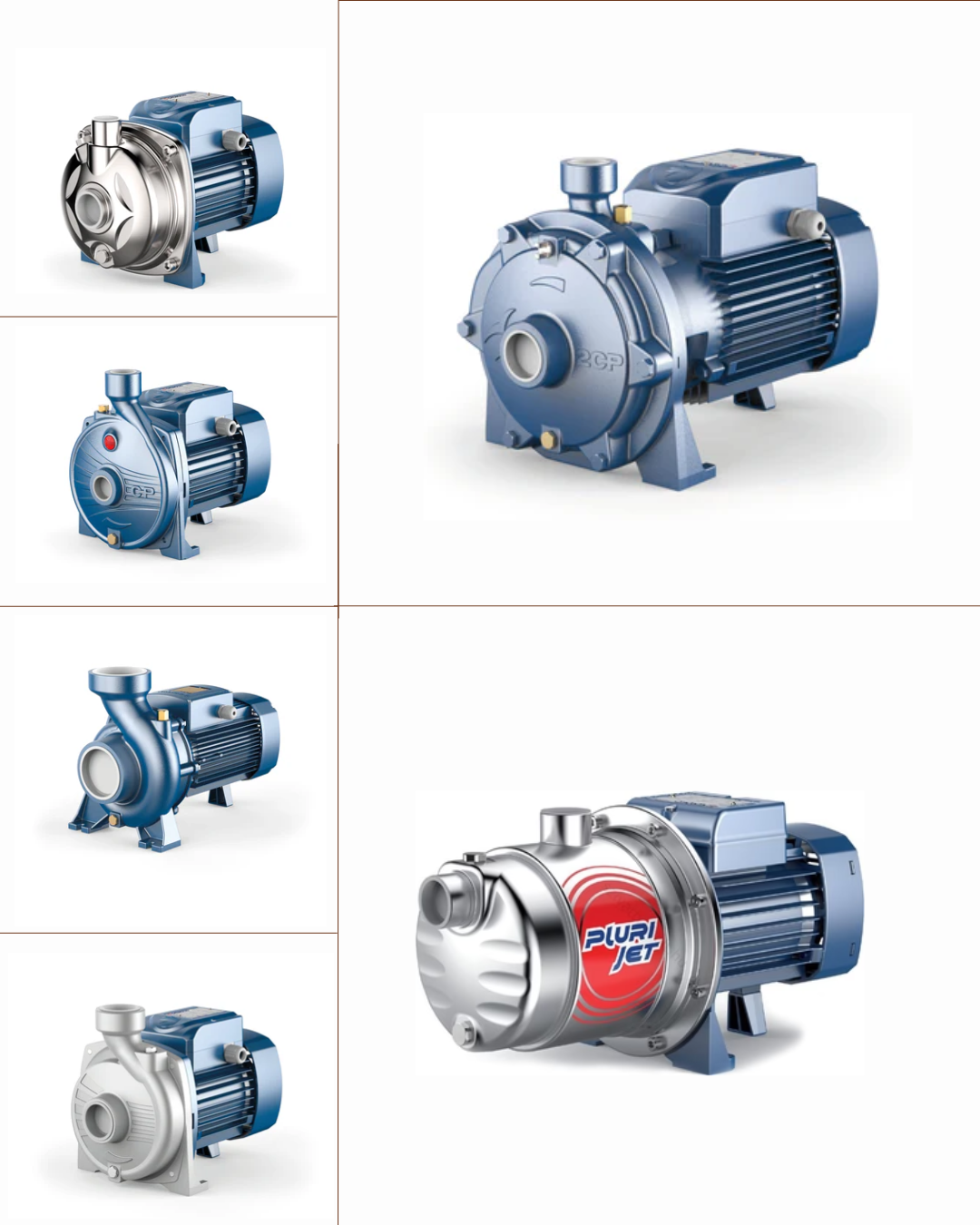The Pros and Cons of Having a Generator for Your House
Posted by Allen Wright on
In today’s world, where unexpected power outages can disrupt daily life, more homeowners are considering installing a generator for their homes. While the benefits of having a reliable backup power source are clear, it’s important to weigh these against the potential drawbacks before making a decision. This article explores the pros and cons of having a generator for your house to help you decide if it’s the right investment for your household.
The Pros of Having a Generator for the Home
1. Uninterrupted Power Supply
One of the most significant advantages of having a generator for the home is the assurance of uninterrupted power supply during outages. Whether it’s a severe storm, a grid failure, or an unexpected blackout, a generator can keep your lights on, your appliances running, and your home comfortable.
2. Increased Home Safety
A power outage can create safety hazards. With no electricity, your home’s security systems may become inactive, leaving your property vulnerable to break-ins.
3. Preservation of Perishable Goods
During a prolonged power outage, your refrigerator and freezer will stop working, causing food to spoil. A generator can prevent this by keeping these appliances running, saving you money on groceries and reducing food waste.

The Cons of Having a Generator for the Home
1. High Initial Costs
One of the primary disadvantages of installing a generator for the home is the high initial cost. Depending on the size and type of generator, you may be looking at an investment ranging from a few thousand dollars to over $10,000. This includes the cost of the generator itself, installation fees, and any necessary permits. For many households, this upfront cost can be a significant financial burden.
2. Ongoing Maintenance
Generators require regular maintenance to ensure they function properly when needed. This includes oil changes, filter replacements, and periodic testing. If not properly maintained, a generator may fail during a power outage, rendering your investment useless. Additionally, maintenance costs can add up over time, further increasing the overall expense of owning a generator.
3. Fuel Dependency
Most generators run on fuel, such as natural gas, propane, or diesel. During an extended power outage, you may need to have a sufficient fuel supply on hand to keep your generator running. This can be a challenge during emergencies when fuel is scarce or difficult to obtain. Furthermore, the cost of fuel can be an ongoing expense, especially if you experience frequent power outages.
4. Noise and Pollution
Generators, particularly older models, can be noisy and disruptive to your household and neighbors. The constant hum or roar of a generator can make it difficult to sleep or enjoy a quiet evening at home.
The Case for Portable Inverter Generators
Portable inverter generators are gaining popularity as a versatile and cost-effective alternative for homeowners. These compact devices offer several advantages that make them a compelling option for those looking to secure a backup power source without the full commitment of a permanent installation.
1. Cost-Effective Solution
Portable inverter generators are generally much more affordable than standby generators. With prices ranging from a few hundred to a few thousand dollars, they offer a budget-friendly option for households that need backup power but cannot justify the higher cost of a permanent generator. This makes them accessible to a wider range of homeowners, especially those who experience infrequent power outages.
2. Portability and Flexibility
One of the biggest advantages of portable inverter generators is their mobility. Unlike stationary generators, which are fixed in place, portable inverter generators can be moved to different locations as needed. This flexibility allows you to use them not only at home but also for outdoor activities like camping, tailgating, or RV trips. Their lightweight design makes them easy to transport and store when not in use.

3. Fuel Efficiency and Eco-Friendliness
Inverter generators are known for their fuel efficiency, thanks to their ability to adjust the engine speed based on the power demand. This not only extends the runtime on a single tank of fuel but also reduces fuel costs over time. Additionally, inverter generators produce cleaner energy with lower emissions, making them a more environmentally friendly choice compared to traditional generators.
4. Quiet Operation
Noise is a common concern with generators, but portable inverter generators are designed to operate much more quietly than conventional models. Many inverter generators run at noise levels comparable to a normal conversation, making them less disruptive to your household and neighbors. This quiet operation is particularly beneficial if you plan to use the generator in close quarters or during night time hours.
Get Prepared with Sportsman Generators Today!
Make sure your home is ready for any power outage with reliable Sportsman generators for sale at Power Plus Retailers, powered by Wilchestrade LLC.
Whether you need a robust solution for emergencies or a dependable backup for everyday power needs, our range of Sportsman home generators for emergency use offers the perfect balance of efficiency and affordability.
Don’t wait until the next blackout—contact us to learn more, or check out our entire catalog.

